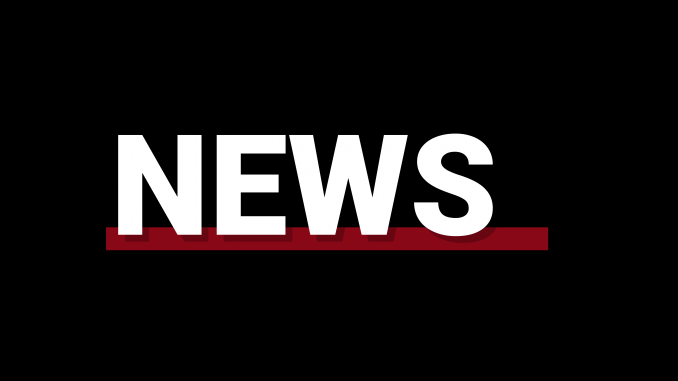
A federal judge ruled on Wednesday that Safehouse, a nonprofit overdose prevention organization, would not violate the law by opening the nation’s first supervised injection site in Philadelphia.
In a 56-page opinion, Judge Gerald Austin McHugh Jr. of the Eastern District of Pennsylvania ruled that Safehouse’s proposal to build a center in which participants can safely consume drugs does not violate a 1986 law that banned buildings whose purpose was to manufacture, distribute or use controlled drugs.
In a statement posted to the attorney’s office’s website, William McSwain, a U.S. attorney for the Eastern District of Pennsylvania, wrote that the Justice Department will continue to litigate the case.
“As Deputy Attorney General Rosen explained today, the Department of Justice remains committed to preventing illegal drug injection sites from opening,” McSwain said. “Today’s opinion is merely the first step in a much longer legal process that will play out.“
A spokesperson for Safehouse could not be immediately reached for comment.
In addition to allowing for “supervised consumption” of drugs and providing overdose prevention services, Safehouse would also allow participants to initiate medical-assisted treatment and offer referrals to social services and housing opportunities, according to the organization’s website.
An exact location for the site has yet to be determined, though city lawmakers considered a proposal to build the site in the Kensington neighborhood of Philadelphia in May.
McSwain called on the court to declare safe injection sites illegal under federal law in February, arguing that a section of Congress’ Controlled Substances Act conflicted with Safehouse’s proposed site.
But Congress could not have envisioned a proposal like Safehouse’s when they wrote the law, McHugh wrote, and therefore must change the law themselves if they wish to deem Safehouse illegal.
“The ultimate goal of Safehouse’s proposed operation is to reduce drug use, not facilitate it, and accordingly, [the law] does not prohibit Safehouse’s proposed conduct,” he wrote.
The opinion distinguishes between recreational drug use and medical efforts to facilitate treatment for drug use, writing that “there is no support for the view” that Congress intended to criminalize projects like supervised-injection sites.
“By any objective measure, what Safehouse proposes is not some variation on a theme of drug trafficking or conduct that a reasonable person would instinctively identify as nefarious or destructive,” McHugh wrote.
Ronda Goldfein, Safehouse’s vice president, said the organization is reading Judge McHugh’s opinion closely to make sure they are in compliance with his ruling, the Philadelphia Inquirer reported.
“We said to the court and the public that we won’t open until we have authority to do so — and we’re still reading the opinion, and we see that the judge has denied the argument that it’s illegal as a matter of law,” Goldfein told the Inquirer. “So we’re now figuring the next step and hope to have some guidance from the court.”


Be the first to comment